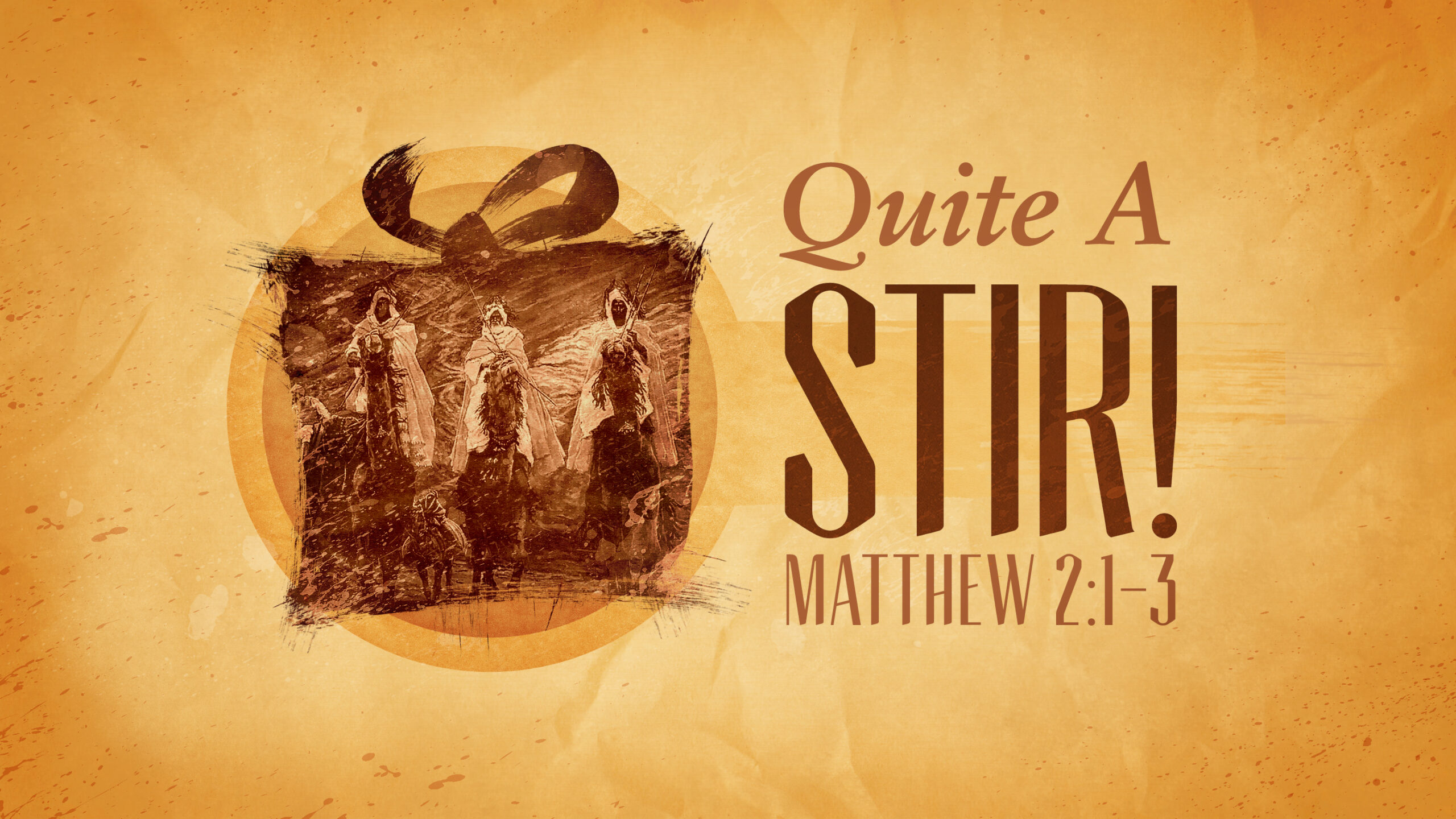By Chaplain (Col) Stephen W. Leonard, USA, Ret.
“Now after Jesus was born in Bethlehem of Judea in the days of Herod the King, behold, wise men (Magi) from the east, came to Jerusalem, saying, “Where is He who has been born King of the Jews? For we saw His star when it rose and have come to worship Him.” When Herod the king heard this, he was troubled, and all Jerusalem with him; and assembling all the chief priests and scribes of the people, he inquired of them where the Christ was to be born.” Matthew 2:1-3
Did you know that for some, the Christmas season is not over until January 6th? I bet some of you took down your tree the day after, or a few days past December 25th, while others keep it up into January. There are millions of Eastern Orthodox Christians who celebrate Christmas on January 6th, rather than December 25th. And many others for whom January 6th is the Day of Epiphany, a particular day the Wise Men worshippers of baby Jesus are primarily remembered.
We are once more near Epiphany, so let’s once more be reminded of those long-ago worshippers of the baby Jesus, the Magi, known popularly today as “we three kings of Orient are.” Old Testament references in Psalm 68 and Isaiah 49 intimate and prophesy that Kings come from afar bearing gifts for Jesus. So, though the Magi are known as consultants to and even selectors of certain ancient Middle Eastern Kings, they can possibly be known as kings themselves.
But, as such, they most likely traveled with a large entourage of servants and protectors. When they came into Jerusalem over 2000 years ago, they caused quite a stir among the inhabitants of the capital of Judea. And that stirring up of the people who witnessed them brought their attention to Herod the Great, King of Judea, then reigning from Jerusalem. The Bible tells us he and all of Jerusalem were troubled by the Magi with their obviously large accompanying crowd. The people, or Herod, would not be troubled by 3 or even perhaps a dozen. But 40, 60, or as many as a 100 would cause quite a noticeable concern to them.
Herod and Jerusalem were both troubled (Matthew 2) and intrigued, to say the very least. Herod was most bothered that a King was just born who could well become his usurper. He considered who the Magi called “King of the Jews” as his competitor for a continuing rule over the Jewish nation. As such, this newborn “King” needed to be liquidated sooner rather than later to preserve his own kingship.
So he manipulated the Magi to find the potential usurper. And once they and their large entourage left Jerusalem, he moved quickly to make sure Jesus did not live to possibly overthrow him. Herod ordered his Roman soldiers to kill all the male babies of Bethlehem and the surrounding area, slaughtered by the sword after he found out the Magi had tricked him, not coming back to Jerusalem to tell him exactly where the baby was located. But Mary and Joseph, with Jesus, had fled toward Egypt, just in the nick of time, because of the angel’s warning in a timely dream to Joseph.
The Gospel accounts tell an exciting story of the Messiah’s birth, both before the birth and after; filled with intrigue and fascinating activity saturated with supernatural communications. The visit of the Magi and accompanying retinue was a much bigger thing than the concise story Matthew tells, recounting the briefest of facts without publishing anything of the activities and emotions of many involved in these events. The retelling of these stories more fully in heaven will be anticipated with wonder by every believer.
From the shepherd’s amazing announcement to the long trip and arrival of foreign VIP’s to the Bethlehem home of Joseph and Mary, the birth of the King of Kings and of God becoming man impresses the minds of believing mankind to the mystery and the awe of Messiah’s birth. Born to set His people free, we, along with the worshipping Magi, await his certain return!
Encouragement
“As with gladness men of old did the guiding star behold; as with joy they hailed its light, leading onward, beaming bright; so, most gracious God, may we evermore be led to Thee.”(1st verse of William Chatterton Dix’s hymn, “As With Gladness Men of Old,” 1860)
Stay Updated
Sign up for our monthly newsletter and weekly devotional











